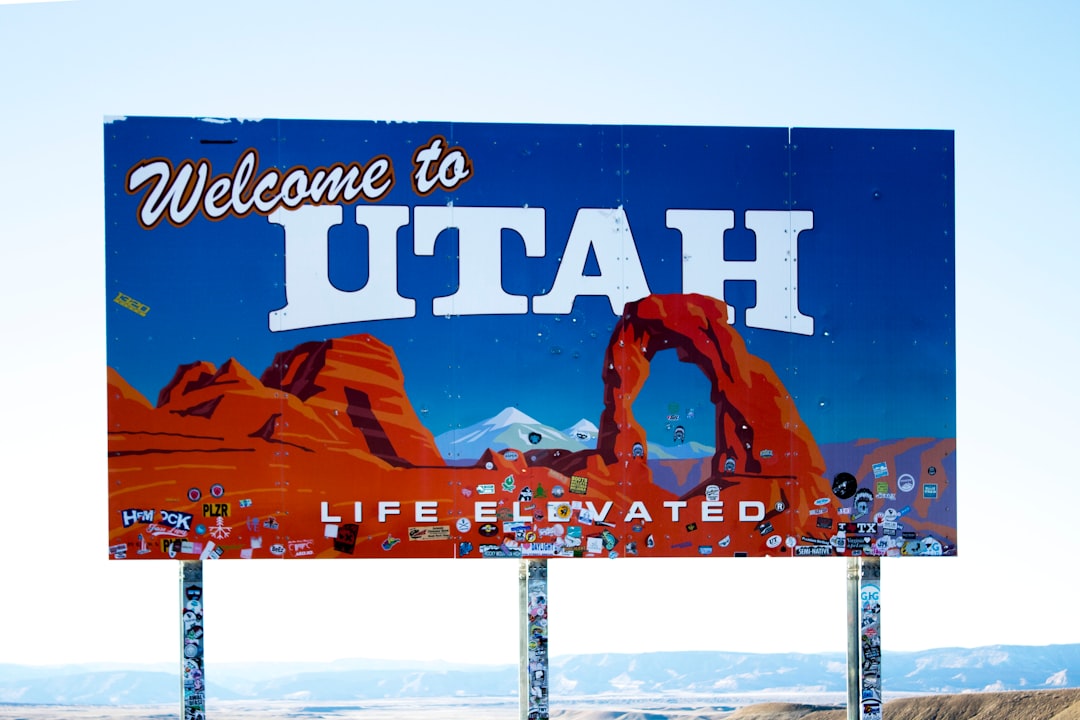Spam calls targeting Utah law firms have raised concerns about privacy intrusion and resource wastage. Machine Learning (ML) offers a powerful solution by identifying and filtering out robocalls, ensuring resources are allocated to genuine calls, and upholding strict anti-spam call laws in Utah. ML algorithms analyze call data, predict spam patterns, and enable proactive measures like blocking or diverting unwanted calls, protecting clients' privacy and peace of mind. Utah's legal sector is adopting these techniques to combat spam effectively while maintaining compliance with federal (Telemarketing Act of 1974) and state laws designed to protect residents from unsolicited marketing calls.
In Utah, as across the globe, spam calls remain a persistent nuisance, impacting millions. This article delves into the crucial role of machine learning (ML) in combating this growing problem. We explore the complex landscape of spam call detection, from understanding the tactics employed by scammers to examining how ML algorithms can identify and block these calls effectively. Additionally, we discuss Utah’s spam call law firms and the legal framework that supports prevention efforts, highlighting a comprehensive approach to mitigating this digital age enigma.
Understanding the Spam Call Problem in Utah

The problem of spam calls has become a growing concern for residents and businesses in Utah, leading to increased frustration and potential legal repercussions under the state’s strict anti-spam call laws. Law firms in Utah often receive numerous unwanted calls, which can be challenging to manage, especially with the relentless nature of these robocalls. These automated voice messages, typically promoting various services or products, are not only intrusive but also a violation of privacy, as many Utahns have come to expect quiet and peaceful living environments.
The sheer volume of spam calls targeting law firms highlights the need for effective detection methods. Machine learning (ML) offers a promising solution to tackle this issue head-on. By leveraging ML algorithms, call centers and legal businesses can now identify and filter out these unwanted robocalls efficiently, ensuring that their resources are not wasted on handling fraudulent or promotional calls. This approach is crucial in maintaining a peaceful and productive atmosphere for Utah residents and the state’s thriving legal industry.
How Machine Learning Can Help Detect Spam Calls

Machine Learning (ML) has emerged as a powerful tool in the ongoing battle against spam calls, particularly for law firms operating in Utah who face an increasing number of unwanted and fraudulent phone calls. ML algorithms can analyze vast amounts of call data to identify patterns and characteristics that distinguish legitimate calls from spam. By learning from examples, these algorithms improve their accuracy over time, adapting as new spamming techniques evolve.
Through advanced statistical modeling and pattern recognition, ML systems can predict and flag suspicious calls in real-time. This proactive approach allows law firms to take immediate action, such as blocking or diverting spam calls, ensuring that their clients’ peace of mind and privacy are maintained. By leveraging ML, Utah’s law firms can stay ahead of spammers and comply with anti-spam legislation more effectively.
The Legal Framework for Spam Call Prevention in Utah

In Utah, the fight against spam calls is not just a technical challenge but also governed by a robust legal framework designed to protect residents from unwanted phone marketing. The state has implemented laws that specifically address spam calls and text messages, empowering consumers with various recourse options. According to the Utah Division of Consumer Protection, businesses engaging in spam call practices can face significant penalties, including fines and legal actions. These laws provide a solid foundation for individuals seeking relief against persistent spam call law firms in Utah.
The Telemarketing Act of 1974, as amended, forms the cornerstone of federal legislation targeting telemarketing fraud, with Utah adopting these regulations to further safeguard its citizens. The act prohibits misleading or deceptive practices and requires companies to obtain explicit consent before making automated phone calls for marketing purposes. Consumers in Utah have the right to register their phone numbers on the Do Not Call list, which severely restricts unsolicited calls from various sources, including spam call law firms. This legal framework ensures that the state’s residents enjoy a quieter, safer digital space, enhancing their overall quality of life.
Implementing and Enhancing Spam Call Detection Using ML Techniques

In recent years, implementing machine learning (ML) techniques has emerged as a powerful tool in enhancing spam call detection for Utah’s legal sector. ML algorithms can sift through vast amounts of call data, identifying patterns and characteristics unique to spam calls, which traditional methods often miss. This technology is crucial in the state, where numerous law firms handle sensitive cases, making them potential targets for spam callers trying to push fraudulent services or information.
By leveraging ML models, these law firms can automate the process of filtering out unwanted calls, saving time and resources. The algorithms learn from labeled datasets, which include both legitimate and spam calls, allowing them to continuously improve their accuracy over time. This dynamic approach ensures that as spam tactics evolve, the detection systems adapt, providing a robust defense against the ever-changing landscape of spam call law firms in Utah.






